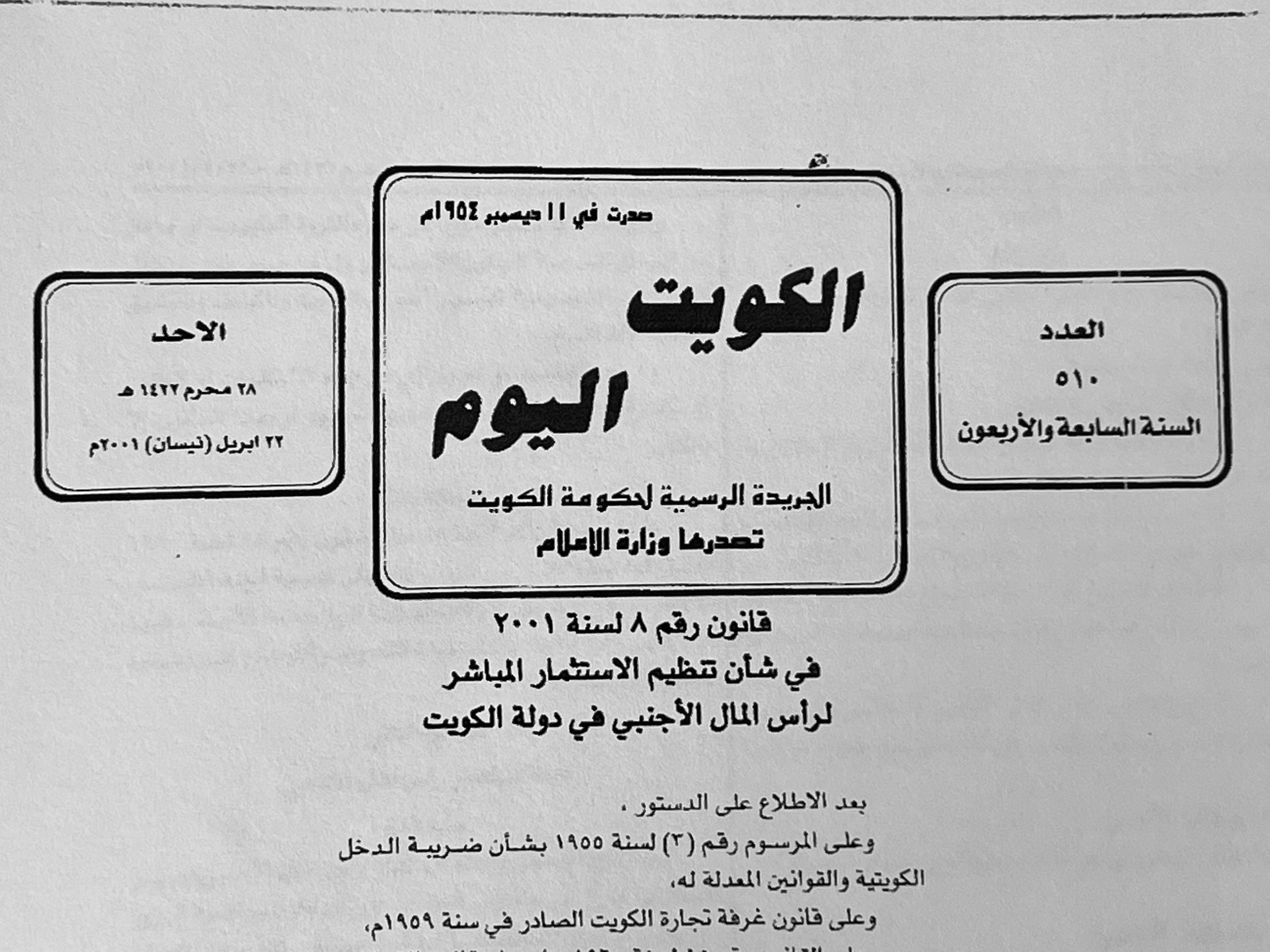Data and development are not mutually exclusive. The foundation for statistical collection and dissemination plays a vital role in development efforts, from planning to monitoring and assessing. The more ambitious a country’s development plans are, the more complex are the statistical systems required.
Read MoreWhy do the Swiss specialise in watchmaking, Japanese in denim or electrical equipment, and software in Silicon Valley? These are all examples of complex economic areas, but what makes them so?
Read MoreThe theory of Economic Complexity (EC) can be defined as the systems of knowledge and interactions which make up a country’s productive output. The Organisation for Economic Complexity (OEC) describes it best: “complex products, like medical imaging devices or jet engines, require vast amounts of knowledge that can only be accumulated in large networks of people”. In turn, the EC in such large networks requires a seemingly indefinite web of interactions between institutions, societies, and education among all else to contribute to the development of the economy.
Read MoreAs of 2019, Kuwait is a net exporter of goods, however, without oil, its surplus of KD 9.3bn drops to KD -8.5bn, making it a net importer. Kuwait’s trade profile is relatively simple, as crude petroleum and its related products make up almost the entirety of exports, which in turn affect total trade, irrespective of minor fluctuations in imported goods. This research structures the data on trade in Kuwait and takes a closer look at its evolution between 2010 and 2019. It begins with an overview of the trade balance, then focusing on imports and exports, and analysing China’s trade relationship with Kuwait. The evidence reveals the vulnerability of trade to fluctuations in one good, petroleum and its by-products, as well as the strengthening trade flows between the Gulf state and China. The findings have implications for trade policy and, more importantly, for diversification efforts.
Read MoreThe Gulf Cooperation Council (GGC), formed in 1981, is the founding step towards recognising the benefits of formal, regional trade relations. In fact, trade openness has been found to contribute to development and higher living standards. Kuwait, as part of the GCC, benefitted from preferential tariff treatment and strengthened cooperation with major industrial nations.
Read MoreAn evolving framework for Foreign Direct Investment inflows (IFDI) signals positive changes in Kuwait’s business climate. Ownership status in commercial activity has largely favoured Kuwaiti nationals. Today, there exist alternative avenues for investment with 100% ownership of a Kuwait-based entity, prominently, the Kuwait Direct Investment Promotion Authority (KDIPA).
Read MoreVision Kuwait 2035, its mid-range plans and annual project developments, has reached its 10 year mark in 2020. The decade of planned development, seeking to propel the State of Kuwait into a regional centre for trade and finance, was not without obstacles, from costs to project selection and feasibility. In fact, what can be seriously analysed as a development plan, only commenced in 2017, with a revival of the vision under a new slogan, “New Kuwait”.
Read MoreDevelopment, at the national level, can be described as the ability of a group [population] to productively and efficiently organise itself. This paper takes a closer look at the evolution of socioeconomic development planning in Kuwait. Moreover, the research is unique in that it is the first study to consolidate both legal and literary references to describe and analyse Kuwait’s planning efforts up to and including Vision 2035.
Read MoreIn 2020, the oil wealthy state of Kuwait finds itself battling an inflating deficit, depleting reserve fund, and high government consumption, all further exacerbated by the economic costs of the Coronavirus pandemic. This paper seeks to determine the cause of Kuwait’s mounting fiscal strain by exploring public finance statistics over the last decade.
Read MoreY. Al Jalal, September 2020. Shuwaikh Economic Office
The Ministry of Education (MoE) employs over 112,000 persons with a wage bill of approximately 2bn KD. Consuming 9% of the total annual budget, the MoE is the third-largest expense for the Kuwait government. This paper seeks to take a deeper look at the public finances of the Ministry of Education from 2009-2019.
Read MoreY. Al Jalal, July 2020. Shuwaikh Economic Office
A triad of poor circumstances and fiscal strains have shed light on the Kuwait government’s management of public finances. This research paper investigates the closing accounts and budgets from 2010-2020. It reveals two concerns in the budget balance…
Read MoreY. Al Jalal, July 2020. Kuwait’s Fiscal Framework and the Budget Balance. Shuwaikh Economic Office
Kuwait traces its oil back to 1933, forming the Kuwait Oil Company with inaugural exports of the commodity in 1946 (Tétreault, 1995). Oil wealth plays a commanding role in Kuwait’s economic society and governing system, not to mention the state budget. In turn, HH Sheikh Abdullah Al-Salem Al-Sabah, founded the Kuwait Investment Board in 1953, today known as the Kuwait Investment Authority (KIA). The KIA was established with the purpose of managing oil revenue “to promote the sustainable development and welfare of the Kuwaiti people for generations to come” (KIA, 2009).
Read MoreY. Al Jalal, 2018. MSc Thesis, London School of Economics and Political Science.
The existence of a resource curse phenomenon has largely been debated among economists and policymakers. This paper seeks to confirm, using a time series analysis, the negative correlation between resource dependence and economic growth…
Read More












